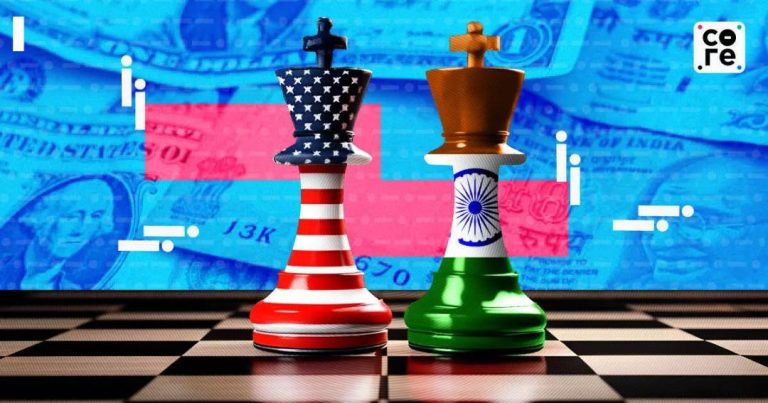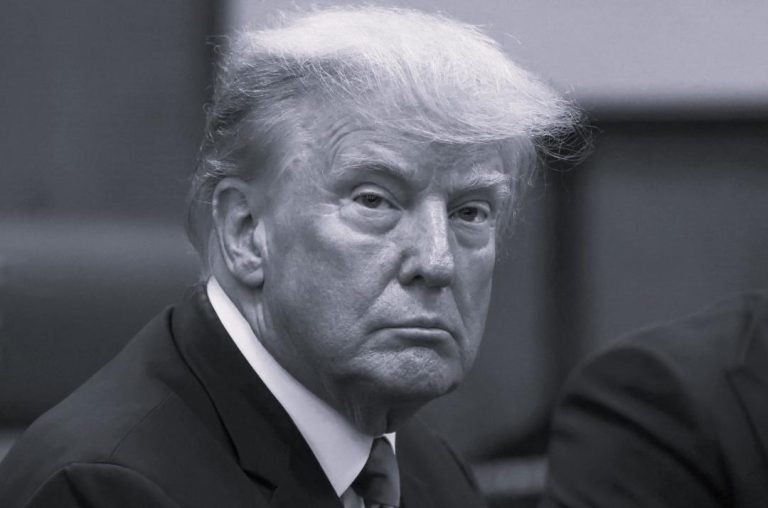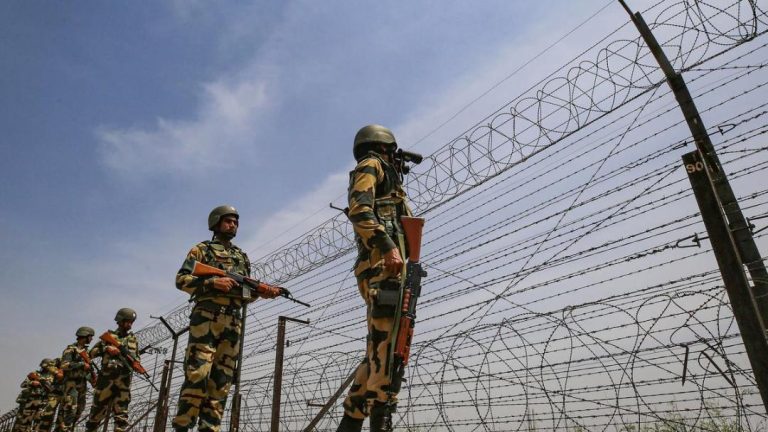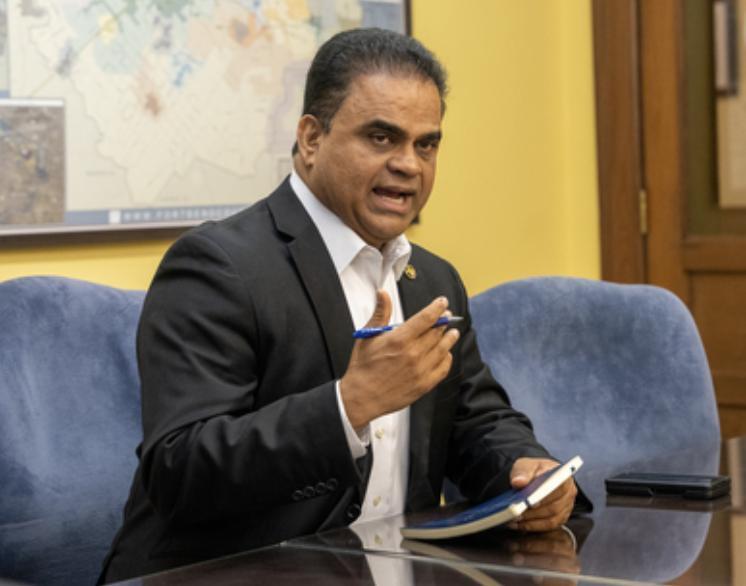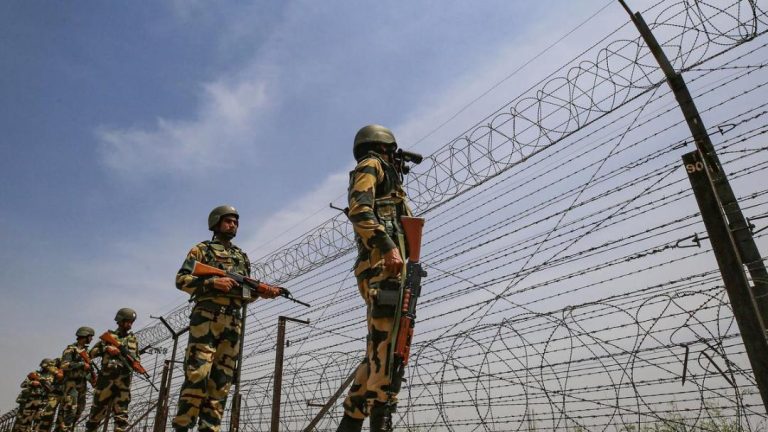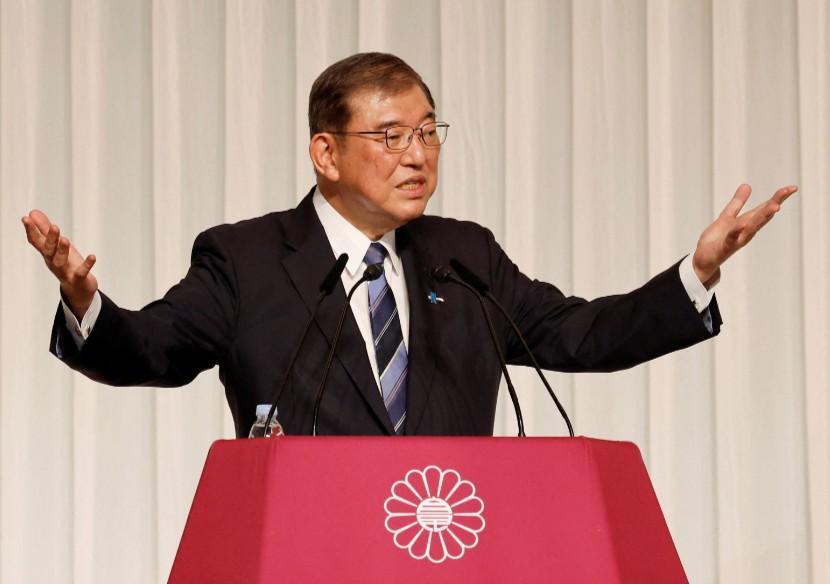
Trump’s 24% Reciprocal Tariff is a National Crisis: Japan PM
The ongoing trade tensions between the United States and Japan have reached a new high, with Japan’s Prime Minister Shigeru Ishiba labeling the recent tariffs imposed by US President Donald Trump as a “national crisis” for the country. The 24% reciprocal tariff on Japanese goods, announced by the Trump administration, has sent shockwaves across Japan, causing widespread concern among businesses and citizens alike.
Ishiba’s stern warning comes as the Japanese government prepares to hold cross-party talks to mitigate the impact of the tariffs on the country’s economy. The Prime Minister has also called for a “calm-headed” approach to negotiations with the Trump administration, emphasizing the need for a comprehensive solution to the crisis.
The tariff war, which has been escalating for months, has already had a significant impact on the global economy. The imposition of tariffs on steel and aluminum by the US in March, followed by retaliatory measures from Japan and other countries, has led to a decline in global trade and economic growth.
The latest development, however, has taken the situation to a new level. The 24% tariff on Japanese goods, including electronics, machinery, and textiles, is expected to have a devastating impact on Japan’s economy, which is already grappling with deflation and a rapidly aging population.
The tariff is expected to lead to a sharp increase in the cost of goods for Japanese consumers, making it more difficult for businesses to compete in the global market. The move is also likely to lead to job losses, as companies struggle to absorb the increased costs.
Ishiba’s warning is a stark reminder of the gravity of the situation. In a statement, he said, “The tariffs imposed by the US are a national crisis for Japan. We must take immediate action to mitigate the impact on our economy and our people.”
The Japanese government has already announced plans to provide support to affected businesses and households, including the provision of subsidies and loans. However, more needs to be done to address the long-term impact of the tariffs on the country’s economy.
The situation is also likely to have implications for Japan’s relations with the US. The two countries have a long history of cooperation, but the tariff war has created tensions that are unlikely to be easily resolved.
The Trump administration has been pushing for a comprehensive trade deal with Japan, but the Japanese government has been hesitant to agree to the terms. The tariffs imposed by the US have created a sense of urgency, but the Japanese government is unlikely to agree to a deal that compromises its sovereignty or compromises its domestic industries.
In the meantime, Ishiba has called for a calm-headed approach to negotiations with the Trump administration. He has emphasized the need for a comprehensive solution that addresses the concerns of both countries, rather than simply imposing tariffs.
The situation is complex and nuanced, and it will require careful diplomacy and negotiation to find a solution. However, one thing is clear: the tariff war between the US and Japan is a national crisis that requires immediate attention and action.
